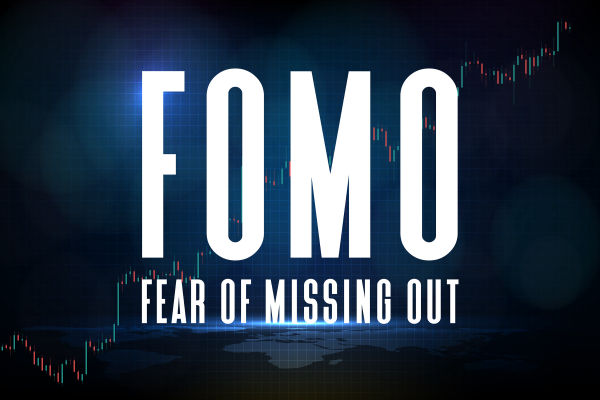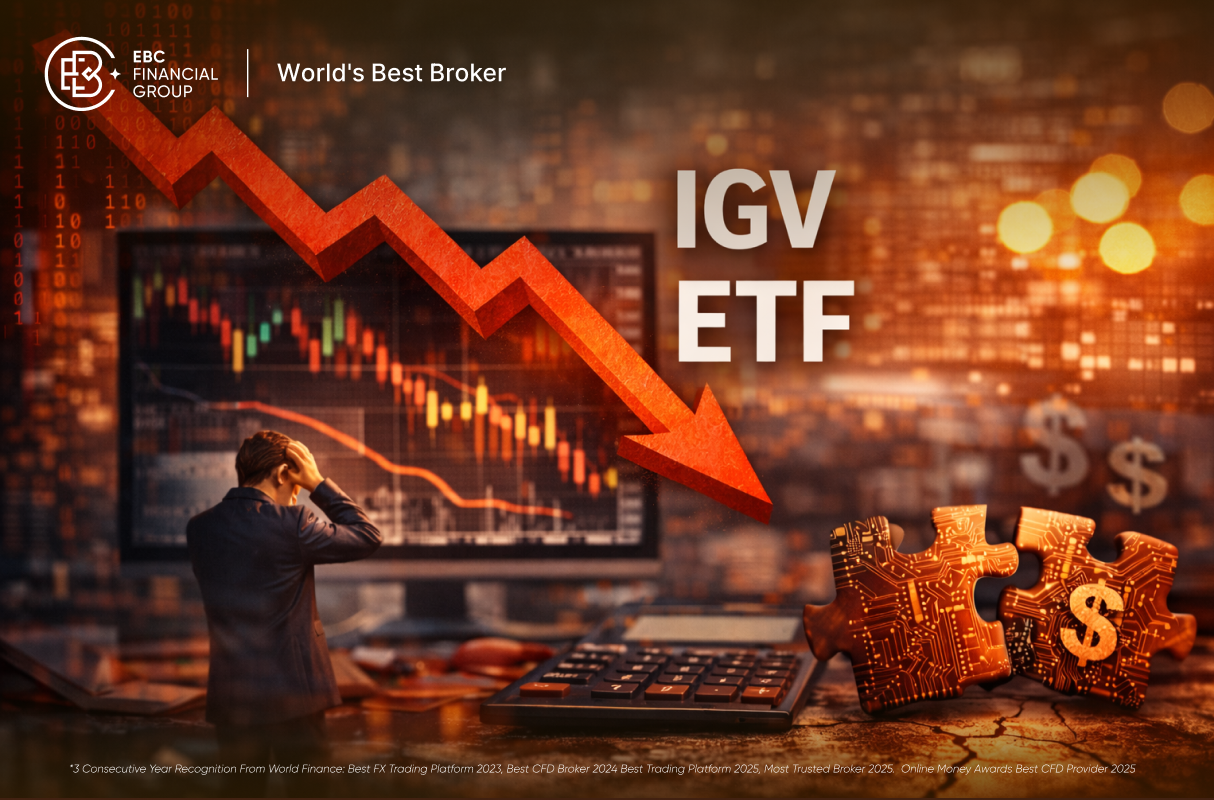Paper gold refers to a financial derivative that is a financial instrument
based on gold as its underlying asset. Unlike physical gold, paper gold is a
virtual asset traded through financial markets. Its existence is for the
convenience of investors in gold trading, providing a more flexible and
convenient trading method.

The operation of paper gold involves investors purchasing gold contracts
through trading platforms or brokers, and the value and price of these contracts
are closely related to the actual gold price. Investors can buy or sell gold
contracts based on market conditions and personal expectations in order to
profit from the price difference between the rise and fall of gold prices.
The investment risk of paper gold comes from the volatility of gold prices.
The price of gold is influenced by many factors, such as the global economic
situation, geopolitical risks, and inflation expectations. Therefore, the price
of paper gold will continue to fluctuate, and investors should always pay
attention to the dynamics of the gold market and make correct judgments and
decisions.
What types of paper gold do they include?
The concept of "paper gold" is a reserve asset and accounting unit
established by the International Monetary Fund to solve the balance of payments
deficit among member countries.
Paper gold is a virtual type of gold whose price positioning is based on a
certain variety of gold and converted into the price of RMB. Participating in
paper gold trading is essentially a virtual transaction, which can be seen as a
derivative transaction in the gold market. The trading records of investors are
only reflected in the "gold passbook account", rather than the withdrawal of
physical gold. The profit model is to obtain profits by buying low and selling
high. Paper gold actually profits from speculative transactions rather than
physical Gold as an investment.
The domestic paper gold market mainly includes paper gold from China
Construction Bank, the Industrial and Commercial Bank of China, and the Bank of
China. The handling fee for paper gold from ICBC is relatively low, with a
unilateral spread of 0.8 yuan/gram. In addition to the more common types of
paper gold, such as gold settlement orders, gold deposit receipts, gold bills of
exchange, and large denomination gold certificates of deposit, paper gold also
includes gold bonds, gold account passbooks, gold warehouse receipts, gold bills
of lading, and special drawing rights of the International Monetary Fund.
What are the characteristics of paper gold?
1. Paper gold is usually bookkeeping gold, which not only saves storage costs
for investors but also provides convenience for their monetization. Usually,
after purchasing real gold, investors need to worry about how to store it. When
it comes to implementation, identifying whether it is genuine gold also requires
a certain cost. And paper gold adopts accounting methods, using international
gold prices and converting them into RMB prices, saving the inconvenience of
investing in real gold.
2. Paper gold is linked to the international gold price and adopts a 24-hour
trading model. The domestic nights correspond to the daytime in Europe and the
United States, which is usually a time when gold prices are likely to fluctuate
significantly, providing ample time for office workers who have no time for
financial management during the day.
3. Paper gold provides two trading modes: USD gold and RMB gold, providing
corresponding opportunities for foreign currency and RMB financial management.
At the same time, paper gold was delivered using the T+0 delivery method, which
was purchased at that time and traded at that time. Intraday Trading was very
convenient, providing more intraday opportunities than domestic stocks.
Disclaimer: Investment involves risk. The content of this article is not an investment advice and does not constitute any offer or solicitation to offer or recommendation of any investment product.


























